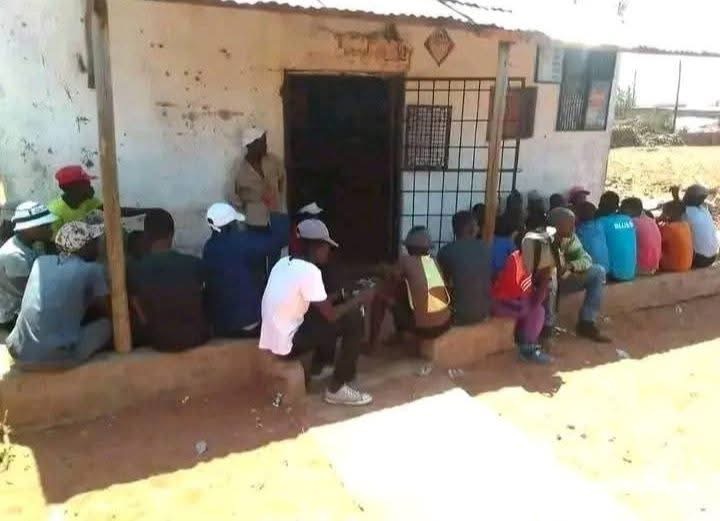The Impending Condom Price Surge in Africa: Impacts and Perspectives

The recent decision by the United States to halt its annual donation of $50 million worth of free condoms to Africa has sparked significant concern and debate. This move is projected to cause a 45% increase in the price of condoms across the continent, potentially impacting public health efforts aimed at preventing sexually transmitted infections (STIs) and unwanted pregnancies.
Prominent figures such as Donald Trump and Elon Musk have weighed in on the issue, advocating for alternative approaches. They argue that Africans should consider practicing abstinence or taking personal responsibility by purchasing their own condoms. According to them, the substantial funds previously allocated for free condom distribution could be redirected towards other critical areas that require financial support.
This development raises important questions about the balance between foreign aid and self-sufficiency. While the intention behind the U.S. decision may be to encourage greater independence, it is crucial to consider the immediate and long-term effects on public health in Africa. Access to affordable condoms has been a cornerstone of efforts to combat the spread of HIV/AIDS and other STIs, as well as to reduce the rate of unintended pregnancies.
The debate also touches on broader themes of international aid, responsibility, and the prioritization of resources. As the global community continues to grapple with these complex issues, it is essential to ensure that vulnerable populations do not bear the brunt of policy changes that may inadvertently undermine their health and well-being.
In conclusion, the cessation of free condom donations by the United States presents a significant challenge for Africa. It underscores the need for a nuanced approach that balances the goals of fostering self-reliance with the imperative of safeguarding public health. The perspectives of influential figures like Donald Trump and Elon Musk add a layer of complexity to the discussion, highlighting the diverse viewpoints on how best to allocate resources for maximum impact.





